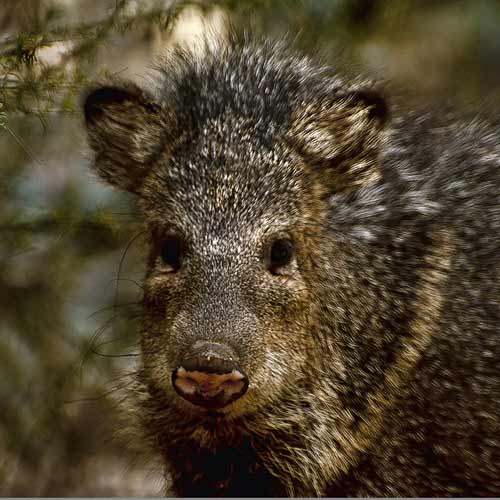Lawyers are told not to ask witnesses leading questions in court. But all questions lead somewhere. Usually, the kind of question we ask determines the kind of answer we get.
Factual questions are easy to ask, and they get asked a lot. In Sedona, people often wonder, “Why are the rocks red, and how old are they?” “Is that a juniper tree or a pinyon pine?” “How do you make tequila from agave?” and with earnest curiosity, “Are javelina related to pigs?” (They’re not.)
These questions are factual, and we like getting the answers. Facts are useful, often interesting, and having information breeds confidence. It feels good to know.
But there are many ways of knowing. For example, there is a personal knowledge that is possible through relationship. We usually think of being in relationships with other people, but we can also relate to nature. A non factual question you might explore is, “What is my relationship with nature?” This is a personal question. The answer won’t be right or wrong, but it may lead to self-discovery, and a different kind of knowing.
“What we observe is not nature itself, but nature exposed to our method of questioning.” –Werner Heisenberg
If you aren’t used to asking non factual questions, you probably won’t be used to answering them either. Both the asking and the answering can be thought of as skills that we develop with practice.
The next time you ask a question—to yourself or someone else—take a moment to notice: is this a factual question, or an inquiry that leads me to understand in another, non factual, and perhaps more meaningful way? Is this a question that could develop my relationship with myself, or with others, or with the world?
It turns out that questions are every bit as important, maybe more important, than answers. Very often, we simply get what we ask for. So it may be helpful to consider the ask.
- Discover the Depth: Grand Canyon Tour Invites Philosophical Reflection - July 17, 2023
- Sedona Philosophy Introduces New Driving Tour at the Grand Canyon - April 24, 2023
- Private Grand Canyon Driving Tour - April 6, 2023



2 thoughts on “The Art of Asking”
Excellent article! I have been reading about Appreciative Inquiry and this falls right in line. Care to present this as a Pathways?
Would love to! Thanks!
Comments are closed.